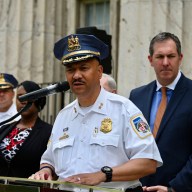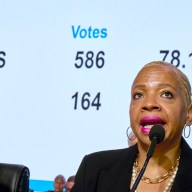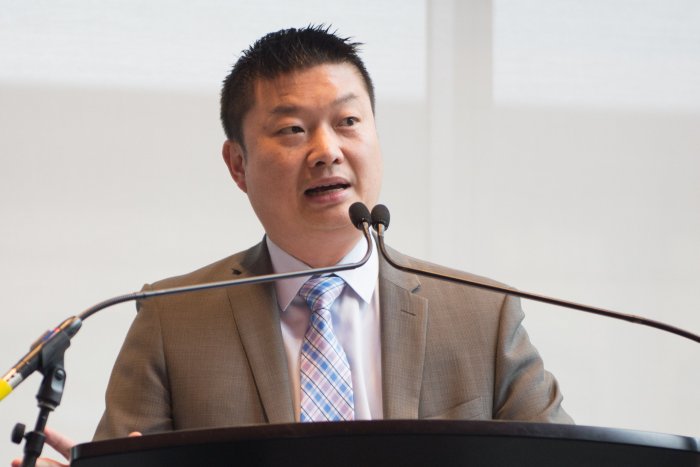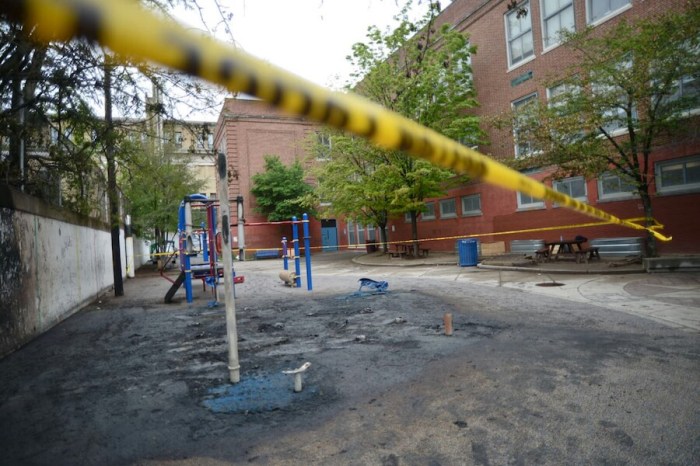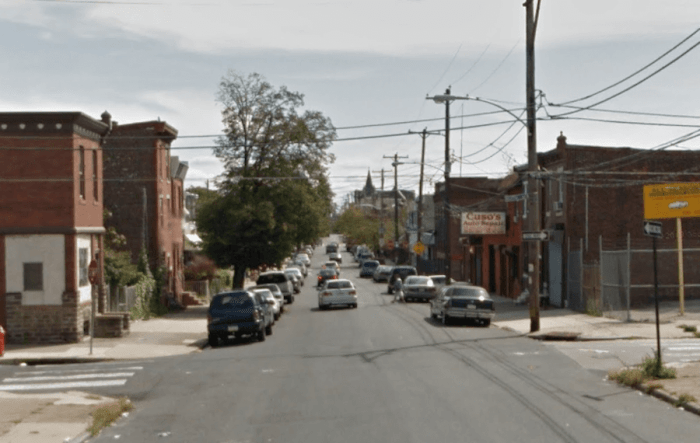Families living outside the city are fraudulently sending their children to Boston Public Schools, thus taking away seats from in-district kids currently on waiting lists, according to City Councilor Annissa Essaibi-George. BPS officials said during a public hearing on Tuesday that there is only one residency investigator for the 57,000 students enrolled within the school system. Families only have to demonstrate their residency once—when they first enter the school system. “It’s really important to me that Boston families realize that I appreciate and the district appreciates that those seats are for Boston kids and that we’re making sure that they are accessible for Boston families,” Essaibi-George said. “One family… that fraudulently takes a seat is one kid that doesn’t have access to that program.” BPS received between 100 and 150 tips last year concerning students who are attending district schools although they live outside the city, according to Carolyn MacNeil, BPS ombudsperson. Of those tips, 22 students were removed from their schools. About $422,000 of taxpayer money was spent educating those 22 out of district students, according to Councilor Tito Jackson. Essaibi-George, who was previously a BPS teacher, said that she thinks the reported number of fraudulent students seemed low. She called the problem a “theft of services.” “During my campaigns I heard from lots of families, because I was a school teacher, that this is an issue we face,” she said. “It’s a problem of the whole district.”
BPS has a policy stating that families living outside the city can be fined for every day that their children use BPS services. But the school system historically hasn’t billed these families, MacNeil said. Out-of-city families can be charged more than $15,00 per year for sending their children to city schools, which BPS officials said came out to about $87 per day.
“We as a district are now enforcing it per the policy,” said MacNeil, who noted that an invoice is being sent to a family tomorrow.
Officials are considering providing more money to BPS to hire more staff dedicated to focusing on identifying fraudulent students and preventing more from entering the system.
“One of the challenges is the amount of time it takes for an investigation and what’s required of that,” MacNeil said.
MacNeil noted that many families skirt the system by using a relative or family-owned business address that is in the city to register the student. Some families who live outside the city will use the address of a property they own in the city, he added. The BPS acknowledged that they could do more to check in on residency status at the transition points, such as when a middle school student enters high school. There are currently 23 different transition models, according to Jackson. Jackson did commend the BPS throughout the hearing for their continued improvement in services and commented that the fact that students are “sneaking in” to the district shows that the schools are providing a good education. “It’s unfortunate for that individual child [who is discharged] but it’s the choice of the family to commit this fraud,” Essaibi-George said. “There is a cash value to this education.”
Councilor wants tighter controls to keep out-of-city students out of BPS
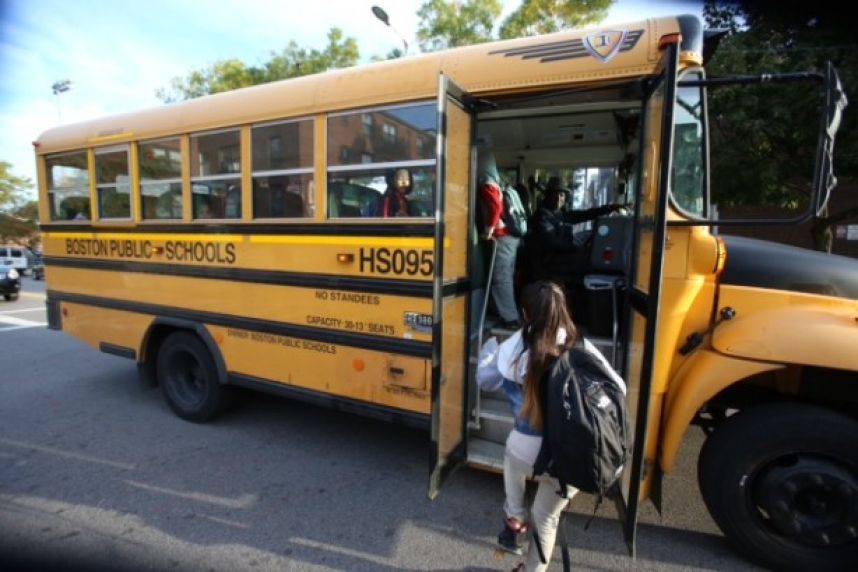
File






